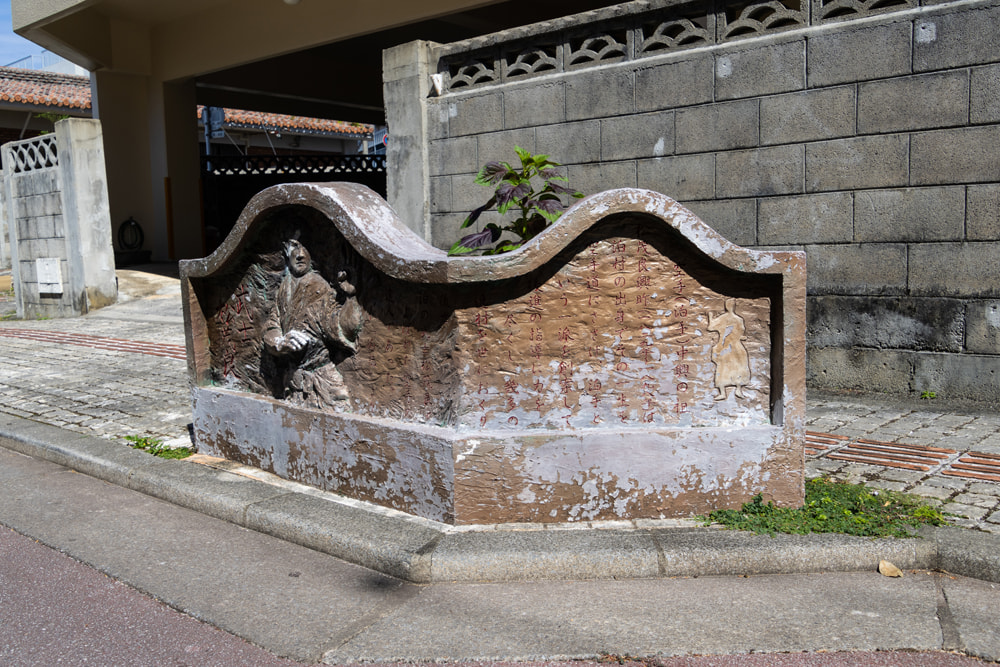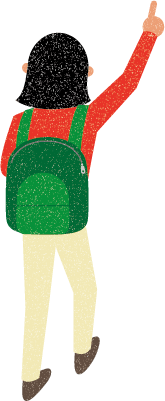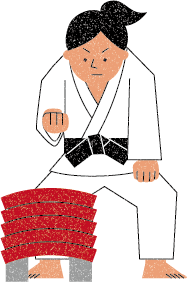Introducing the "Relief of Matsumora Kosaku," in Tomari, Naha City, a historical site of the Shuri Tomari-te lineage | Okinawa Dento Karatedo Shinkokai
Naha city

Sogenji Street connects Asato in Naha City with Tomari. There is a relief of Matsumora Kosaku installed at the back of the street, in a quiet residential area. What kind of person was Matsumora Kosaku, who is recognized in history as the reviver of "Tomai-di," one of the four major styles of Okinawa Karate?
Matsumora was born in Tomari Village (present-day Tomari, Naha City) in 1829 and soon began learning Tomai-di from its founders, Uku Karyu and Teruya Kishin. Matsumora soon distinguished himself under his masters, and his natural keen sense of righteousness led to numerous hardships and adversities throughout his life, leaving behind the name "Bushi Matsumora" and his heroic legends for future generations.
Matsumora's students include those who made significant contributions to Okinawa Karate, such as Shimabukuro Zenryo, who would later found the Shorin-Ryu; Nagamine Shoshin, associated with Matsubayashi-Ryu; Nakazato Joen, associated with the Shorinji-Ryu; Shimabukuro Tatsuo, associated with the Isshin-Ryu; as well as Kyan Chotoku, who trained numerous karate masters, and Motobu Choki, who defeated a Russian boxer in a surprise open match in Kyoto in November 1922, making Okinawa Karate famous overnight.



